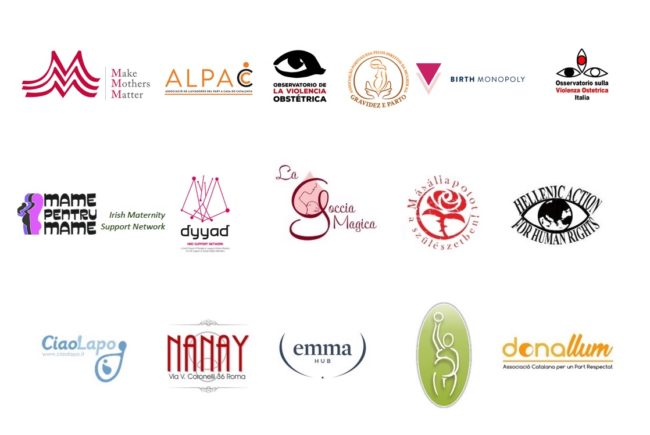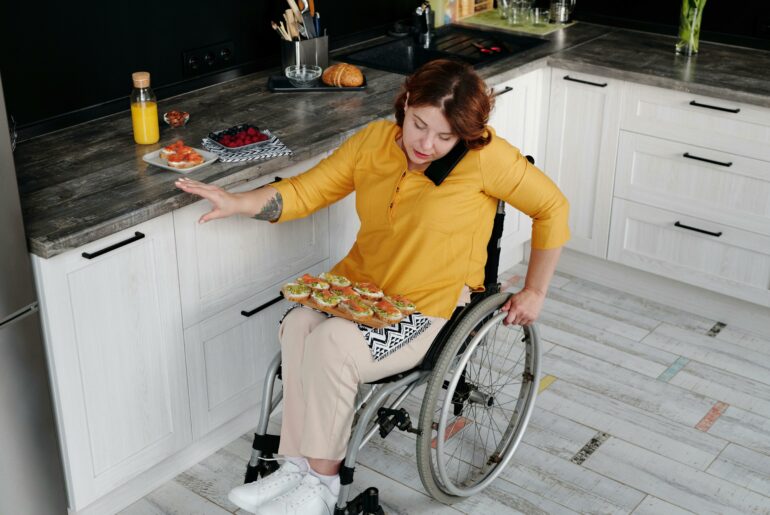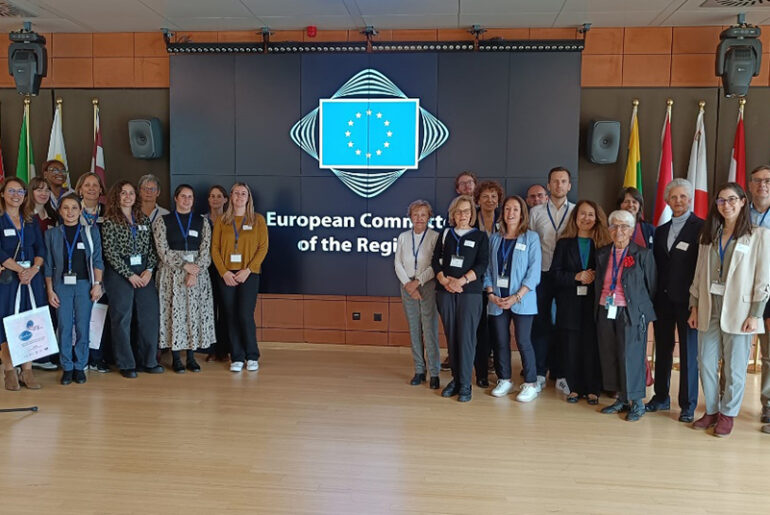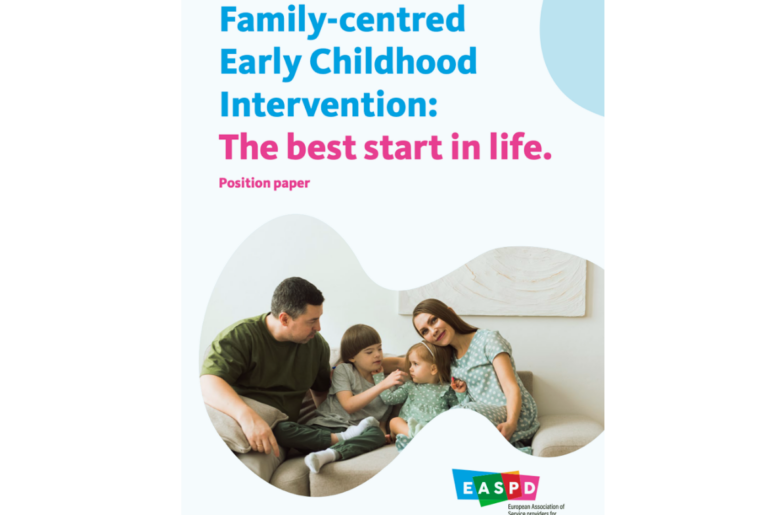Civil Society Joint Statement: Time to stop obstetric violence
25.11.18
Brussels, International Day for the Elimination of Violence against Women - Mothers need positive pregnancy and birth experiences, as well as respectful maternity care. Worldwide, laws and practice still do not comply with these fundamental rights.

Many women across the globe experience disrespectful, abusive or neglectful treatment during pregnancy, childbirth and postpartum care, whether in high, medium and low-income countries. Such treatments include physical abuse, profound humiliation and verbal abuse, coercive or unconsented medical procedures (including sterilization), lack of confidentiality, failure to get fully informed consent, refusal to give adequate pain relief, violations of privacy, refusal of admission to health facilities, neglecting women during childbirth to suffer life-threatening avoidable complications, and detention of women and their newborns in facilities after childbirth.
In Europe, the issue only begins to be recognized, albeit amid controversy. A lot still needs to be done.
Along with 15 other associations, Make Mothers Matter urges Governments to eliminate all forms of institutional obstetric and gynecological violence against women.
Governments must promote respectful maternity care, and involve mothers and women’s groups in all decisions concerning childbirth policies and practices. The World Health Organisation (WHO) has made several recommendations to address the issue, including on the prevention and elimination of disrespect and abuse during childbirth, on positive pregnancy and birth. A report of the UN Working Group on discrimination against women also calls for action.
Every woman has the right to the highest attainable standard of health, including the right to dignified, respectful health care throughout pregnancy and childbirth, as well as the right to be free from violence and discrimination.
Mothers, unpaid care work and global crises – connecting the dots
02.07.24
UN New York / HLPF - Register now to join us online at this year’s High Level Political Forum side-event.
Time Poverty and the Motherhood Penalty
Unveiling Economic and Social Injustices
09.07.24
Mothers play an essential role in families by ensuring their loved ones are nourished, educated, and healthy, but their unpaid care work often leads to economic and social injustices, known
Envisioning care as a common thread to global crises
29.07.24
UN New York - Our virtual HLPF side-event brought together experts to shed light on how the various global crises we face (in particular climate change and other environmental crises,








